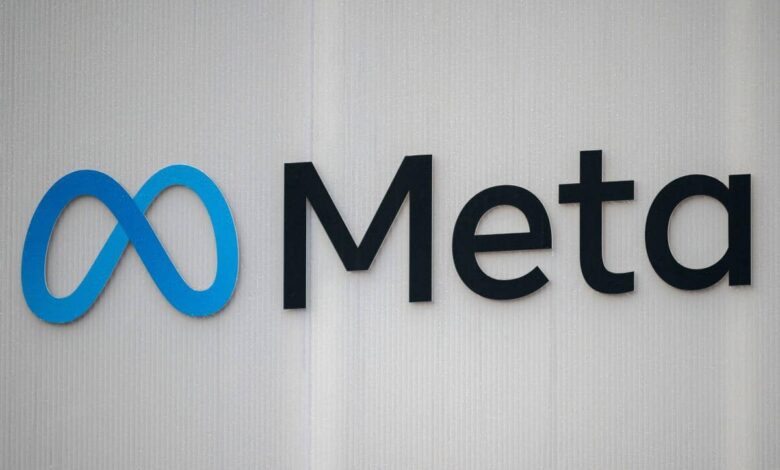
Meta Platforms, the parent company of Facebook and Instagram, has unveiled its plans to expand its suite of generative AI ad products, aiming to revolutionize digital marketing strategies. These new tools, as reported by Reuters, will empower advertisers to effortlessly create diverse versions of images with text overlays, marking a significant advancement in the field.
During a recent press conference, John Hegeman, Meta’s head of monetization, announced the upcoming release of a test version of the tool that won’t include the typical watermarks applied to images generated by Meta’s AI assistant. This departure from their usual practice, which prioritizes user safety through watermarking, indicates Meta’s confidence in the capabilities of their generative AI technology.
As Meta finalizes guidelines for labeling ads created using the new tools, they plan to share these guidelines globally upon the anticipated full-scale launch later this year. This move aligns with Meta’s substantial investment in generative AI models, as they seek to automate creative processes and convince advertisers of the efficiency and effectiveness of AI-driven campaigns, promising a higher return on investment.
This initiative by Meta reflects a similar approach taken by Google, a digital advertising giant, earlier this year. Google introduced an expansion of its AI ad tools, utilizing SynthID watermarking technology developed by its AI research lab, DeepMind, to label ads.
With Meta’s image generation tool, advertisers will gain the ability to effortlessly upload product images and generate variations to cater to diverse advertising needs. These variations could include adjustments in product orientation or showcasing products in different contexts. Additionally, Meta is enhancing its text-generation capabilities, enabling advertisers to overlay text directly onto the generated images.
Meta’s plans involve providing advertisers with deeper customizations by allowing them to further input text prompts to personalize image variations. However, certain restrictions will prevent advertisers in regulated industries like politics from utilizing these products.
While advertisers have embraced AI ad tools for targeted placement, there are lingering concerns surrounding newer generative AI tools. Brands have raised concerns about the potential use of uploaded images by tech companies to enhance their models, leading to intellectual property issues.



